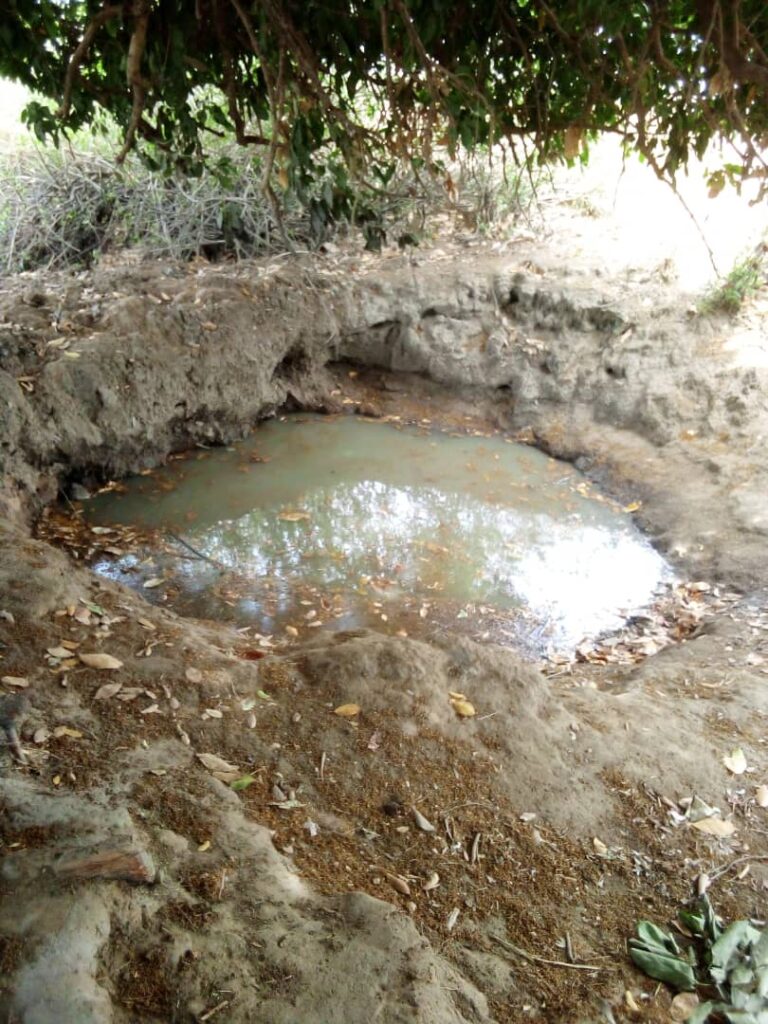Tobré is a locality in northern Benin (municipality of Ouassa-Péhunco) where there is a population of almost 6,000 inhabitants. In Tobré, clean water is a commodity that is becoming scarce. The populations of Tobré, for lack of drinking water, storm the sources of water unsuitable for consumption for their daily needs.
Like every year on March 22, my thoughts go especially to Tobré… Because March 22 is world water day. This day has been celebrated by the United Nations since 1993. This date highlights the importance of fresh water each year.
World Water Day celebrates water and raises awareness of the plight of the 2.2 billion people who live without access to safe water. It is about taking action to tackle the global water crisis. One of the main purposes of World Water Day is to support the achievement of thesustainable development goal 6: clean water and sanitation for all by 2030.
Drinking dirty water to quench your thirst should no longer exist in 2023! Thus, my heart aches when I see the populations of Tobré still rushing today towards the backwaters for lack of drinking water…
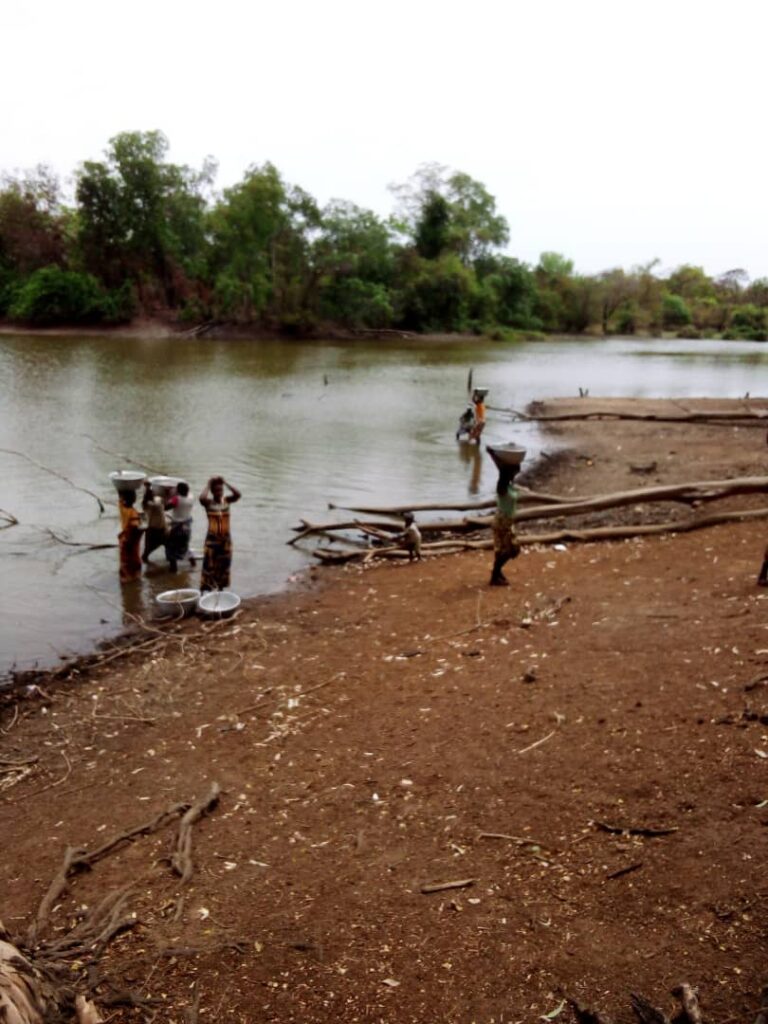
What is the situation in Tobré?
Three human-powered pumps are functional for the whole village. Women from all over the locality gather around these pumps to try to get a few drops of this precious liquid… But those who are tired of standing around prefer to rely on other sources of water. They therefore go to the Alibori river and or to the local dam, depending on the proximity to the targeted water source.
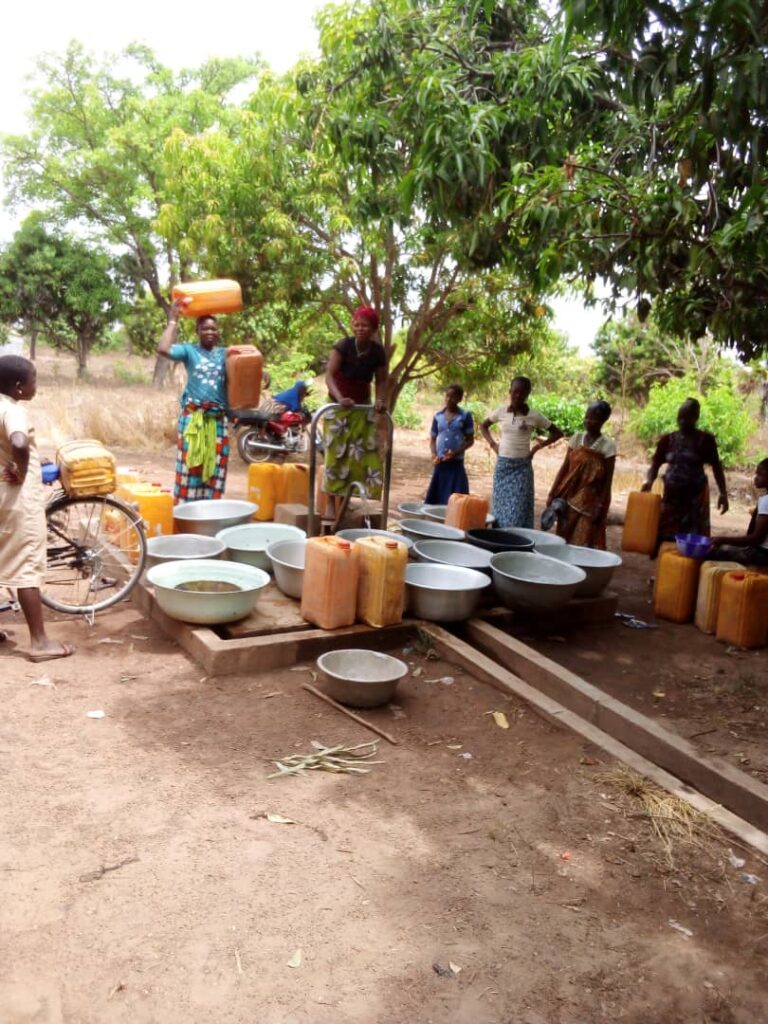
The problem is that several pumps no longer work. The municipal council has been informed and solutions are being taken. The municipal council has listed the human-powered pumps and the village water supplies (AEV) which are out of order and the diagnosis of the various breakdowns has been made. On the occasion of the next session of the collective budget, the municipal council will vote the amount allocated to the repair of the broken down human motor pumps throughout the municipality. The municipal council has already contacted the Regional Directorate of the Benin Electricity Company (SBEE) Atacora-Donga in this regard, so that the repairs can be made quickly.
Since 2021, the municipal council has entrusted the management of water boreholes to the technical unit of Régie Autonome Gestion des Infrastructures de Péhunco (RAGIP), which has thus become a major technical and financial partner. But, in addition to that, the RAGIP is also in charge of the management of the markets, the shops and the stores of the commune. It’s a lot !
Does this unit really have all the means to correctly manage all of these areas? Does it have the shoulders broad enough to be able to recover and repair infrastructure when the time is right? Is the revenue distribution key between RAGIP and the town hall favorable to the population? Shouldn’t the city council have entrusted the management of the village to different structures to better distribute the costs and expenses to be made?
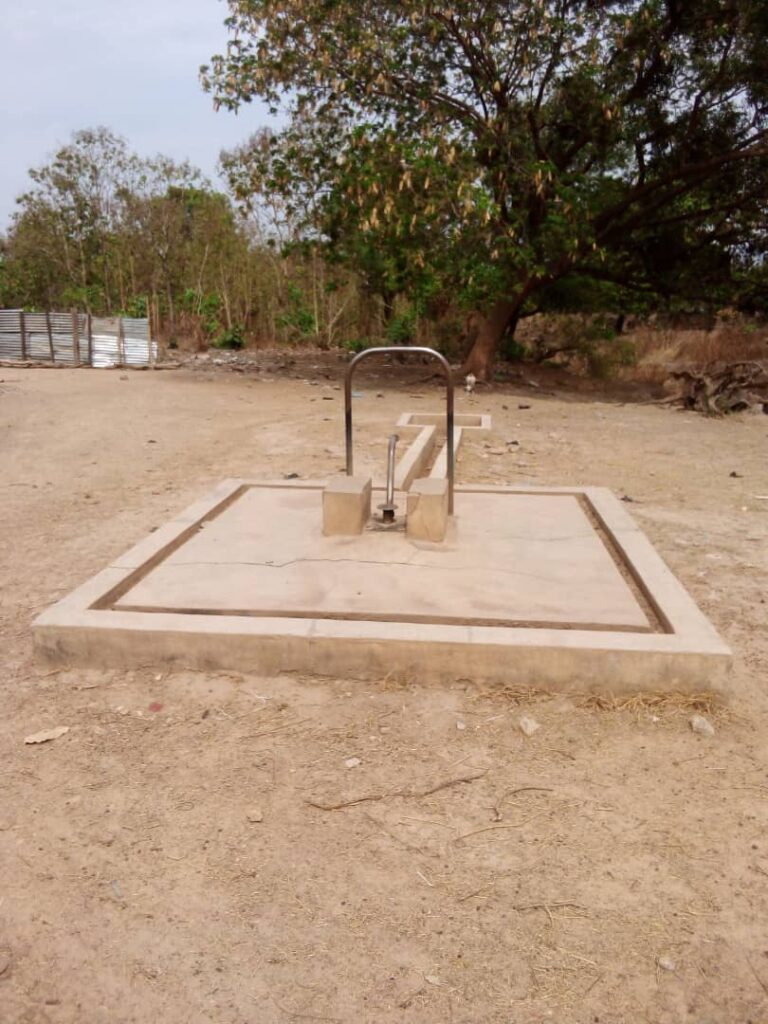
The solution should be coming soon, but in the meantime…
While waiting for the reaction of the SBEE, the populations continue to drink dirty water in Tobré!
The situation is distressing: the populations are massively storming the dams and rivers to quench the thirst in the households. The quality of this liquid is no longer the first concern of local residents, because, they say ” Failing to have what we hope for, we are satisfied first with what we have! Sad reality in the 21st century.
Lack of safe water has many consequences
The risks run by the population are numerous: tensions in the homes, cases of rape on the way (according to the UN, women and girls are responsible for collecting water in 80% of households in the world who are without access to water on site) and especially waterborne diseases (disease caused by ingestion or contact with unsanitary water).
Inaccessibility to clean water can also have other consequences, for example it negatively impacts school performance among girls. Because, by going in search of bath and drinking water, they may be late for school and thus miss classes.
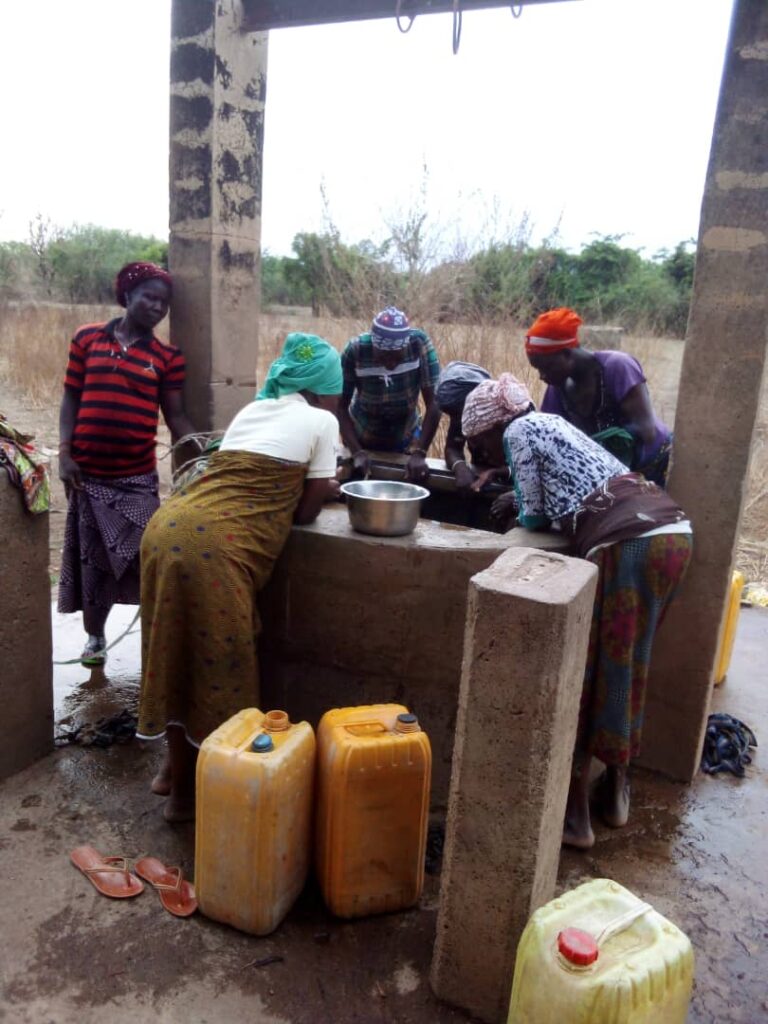
The situation in Tobré raises many questions
It would be good form for the various actors in Tobré to be able to review their specifications. It should be ensured that the town hall can take over the management of the water works.
It would also be useful and wise for the town hall to build adequate shops, so that people can easily find spare parts for these water structures.
To deal with the most urgent, the municipal council of Ouassa-Péhunco must quickly hold an extraordinary session, to find a solution as quickly as possible to the problems of drinking water in the village of Tobré. This applies to Tobré but it is also true for all the villages of Ouassa-Péhunco in general. Because water is life! The finding is alarming: more than 80% of drinking water boreholes are not functional throughout the municipality. It’s urgent ! The authorities must react without delay.
Who to save the populations of Ouassa-Péhunco and Benin in terms of drinking water?
In 2017, the Beninese government opted for a drinking water management policy through the creation of a National Drinking Water Supply Agency. The objective was to supply the entire population of Benin with drinking water by 2030. But we are still far from it.
In the meantime, in many localities, everyone manages as best they can, at the risk of their health. The town halls and municipalities therefore have a very great responsibility and the proper management of the problems of access to drinking water is their responsibility.
Water affects us all, which is why we need the help of each of us.
